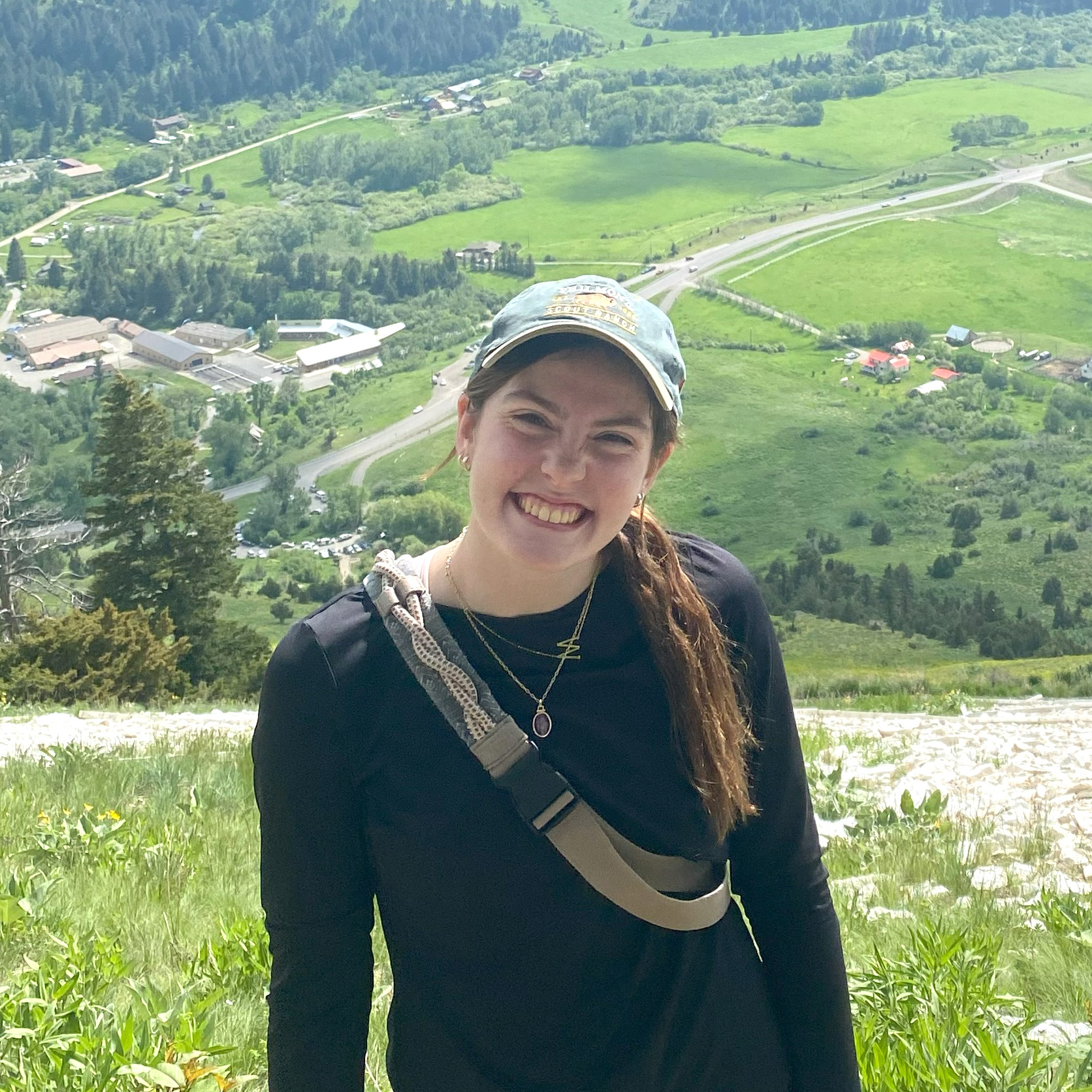
Where are you from?
Mansfield, TX
What do you like to do for fun?
Play volleyball, hike, read and sew
Can you describe your research?
I am a Graduate Research Assistant in the Optical Remote Sensor Laboratory, where I use remote sensing instruments to study atmospheric aerosols and smoke from prescribed burns. I’m currently 1.5 years into my PhD program. Our research focuses on fine particulate matter such as PM2.5—particles smaller than 2.5 micrometers that pose serious risks to air quality and human health. We also investigate cloud thermodynamic phase and cloud-aerosol interactions to understand how wildfires and cloud dynamics influence climate and the environment.
One of our key instruments is a polarimeter, an optical sensor that measures the linear polarization of light to reveal how light interacts with aerosols and clouds. Polarization occurs when light waves are restricted to a single vibration direction, which explains why reflected light from water creates glare. Fun fact: the sky and water naturally polarize light, so polarized sunglasses block this glare and make it easier to see beneath the surface.
What got you into STEM?
I choose to get involved with a STEM career because I always enjoyed science and learning things about the world around me. My dad was also a scientist, and he was always talking at home about the interesting things he was researching.
How did you go from that initial inspiration to what you’re studying now?
I really liked working with computers and programming, so I started with studying computer engineering. During an undergraduate internship at MSU, I was introduced to the world of optics and discovered how light can be used to make important measurements of environmental factors. That experience sparked my interest in optical sensing and its applications in understanding our atmosphere and climate.
What is your advice for young people in STEM?
Pursue whatever you’re passionate about and stay committed. A bachelor’s degree is just four years out of a long life, and while it can feel challenging at times, pushing through is worth it. You’ll be proud you didn’t give up and grateful for the opportunities that education offers.
What challenges have you faced as a woman in STEM circles?
I haven’t really faced any gender specific challenges, just hard classes like everyone else.
What do you want to do next?
I am not sure, but I know I want to help teach the next generation of engineering students how to use their talents to solve real world problems. I might enjoy being a professor, but I have a lot of work still to do on my degree, and endless job options once I'm done.